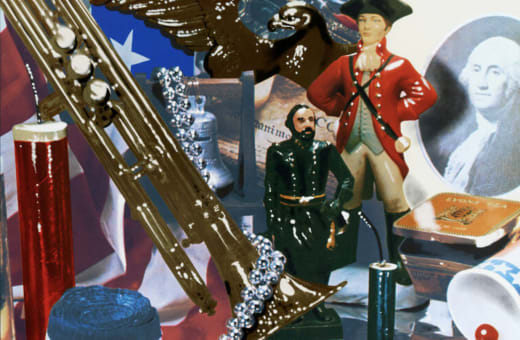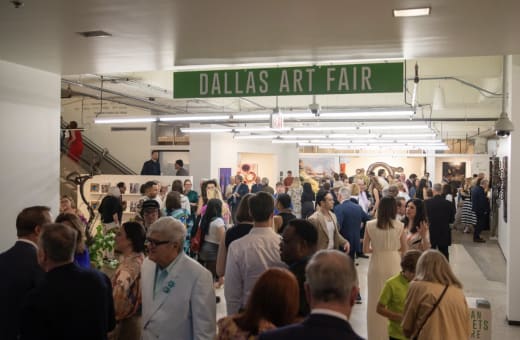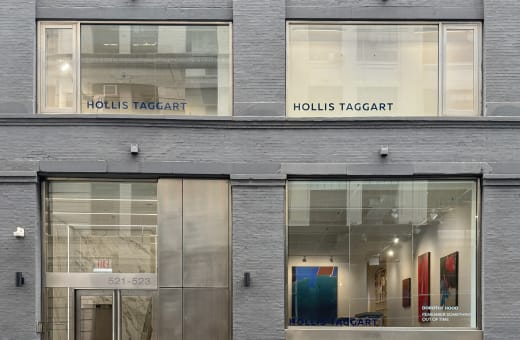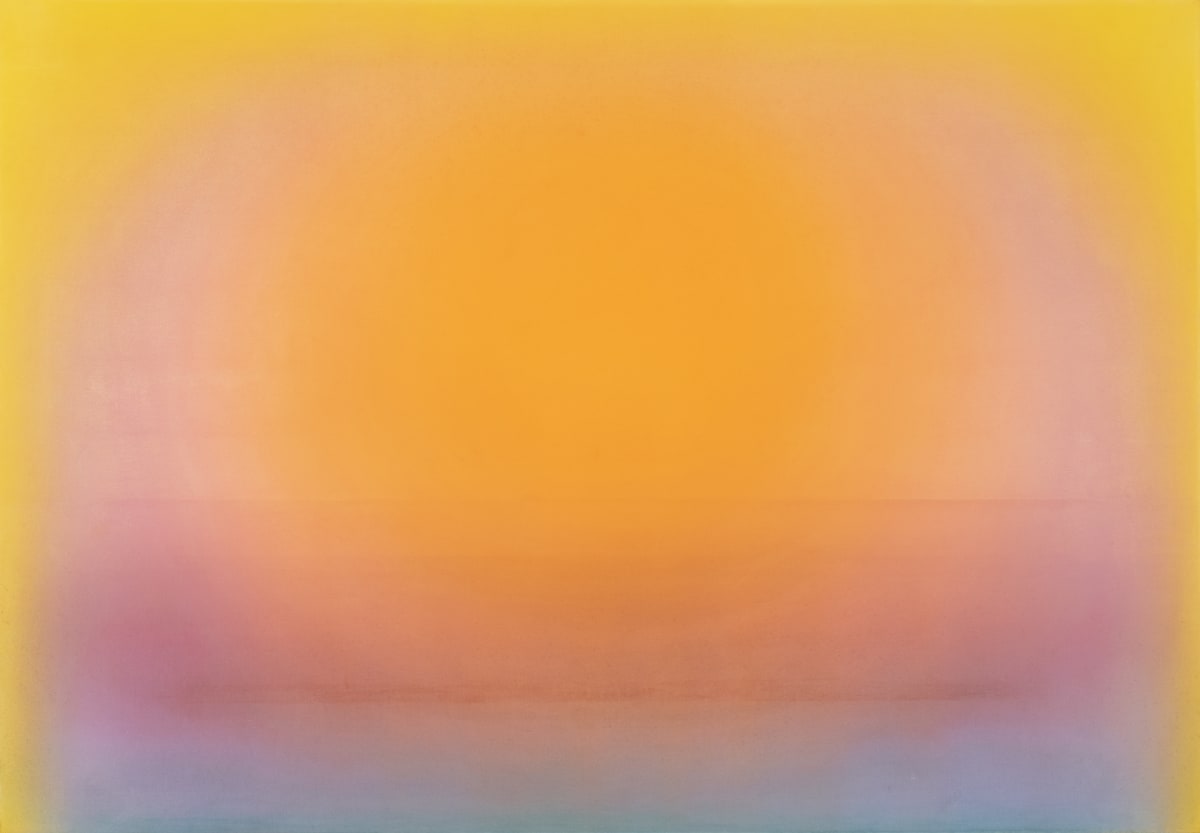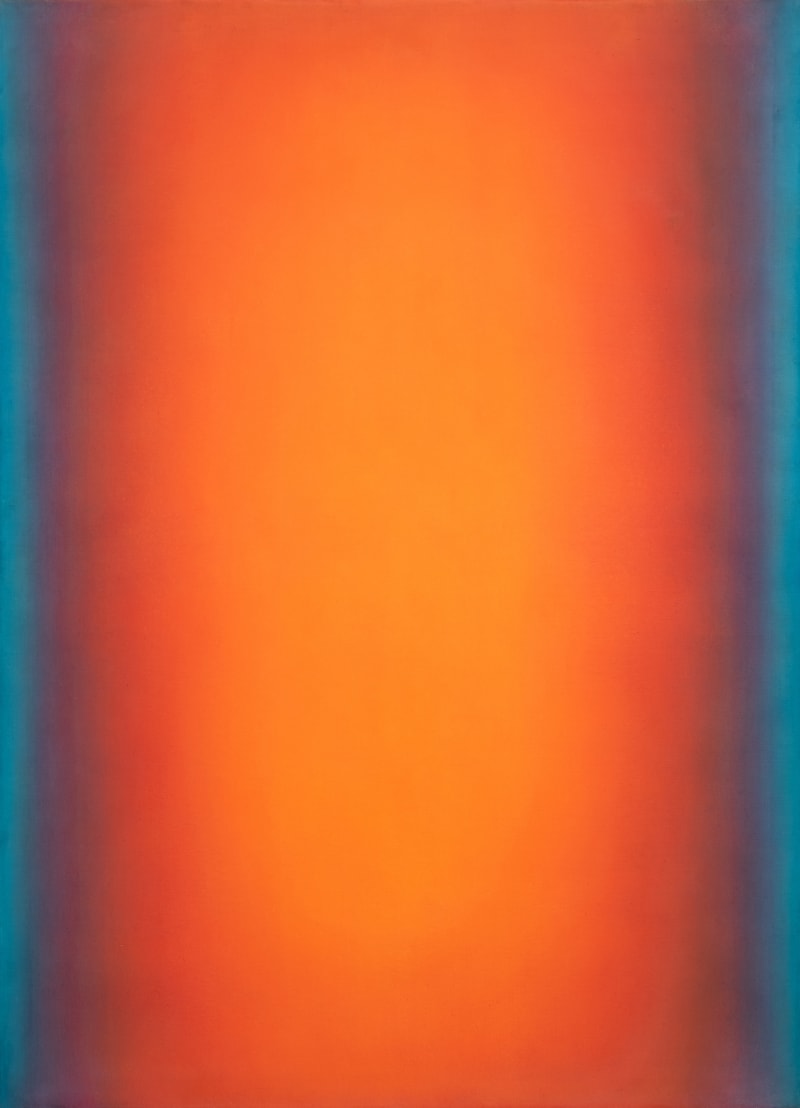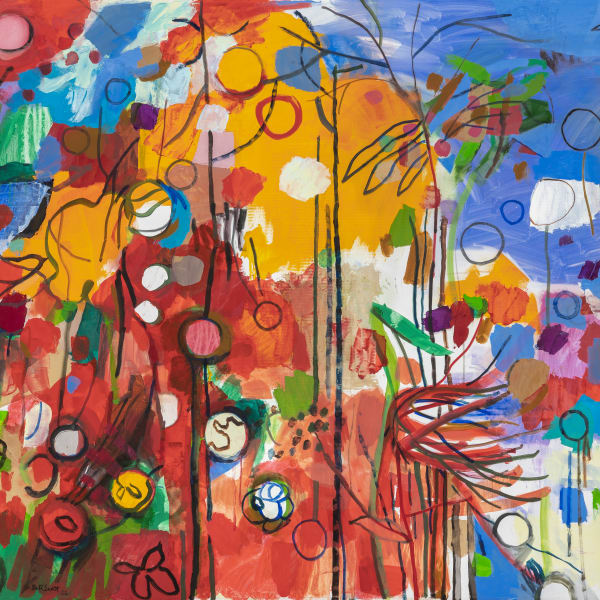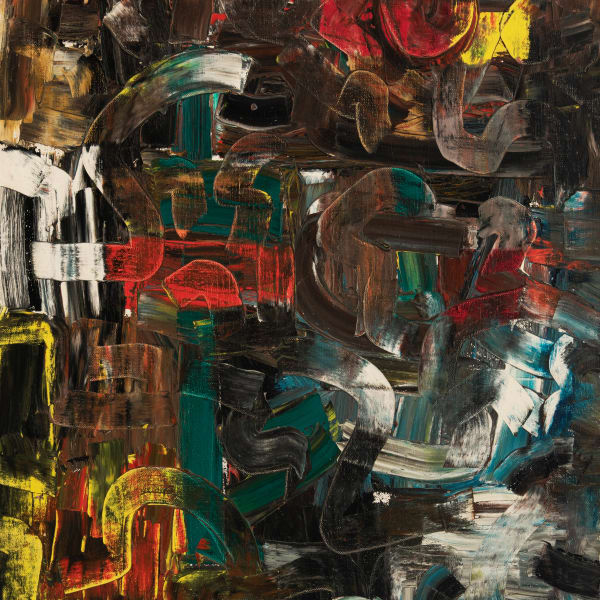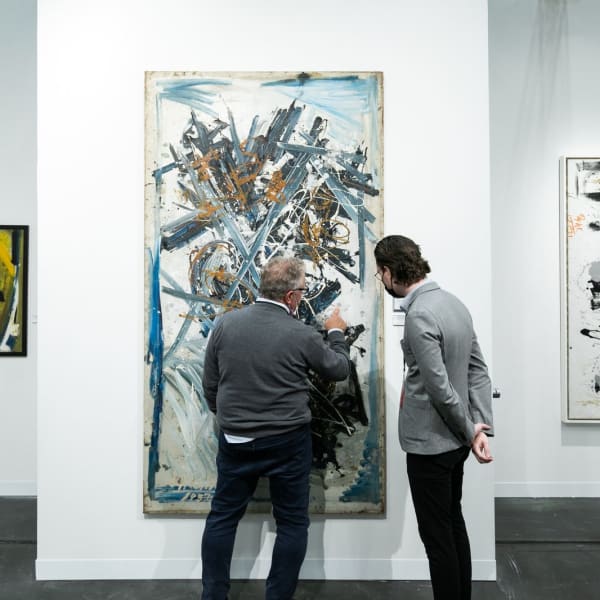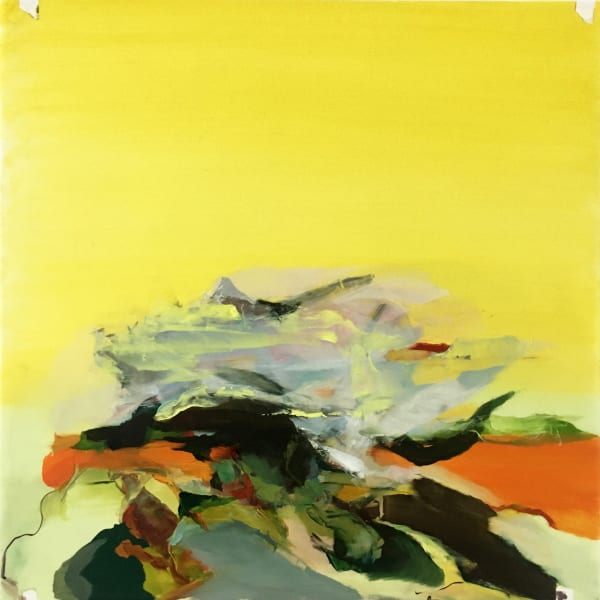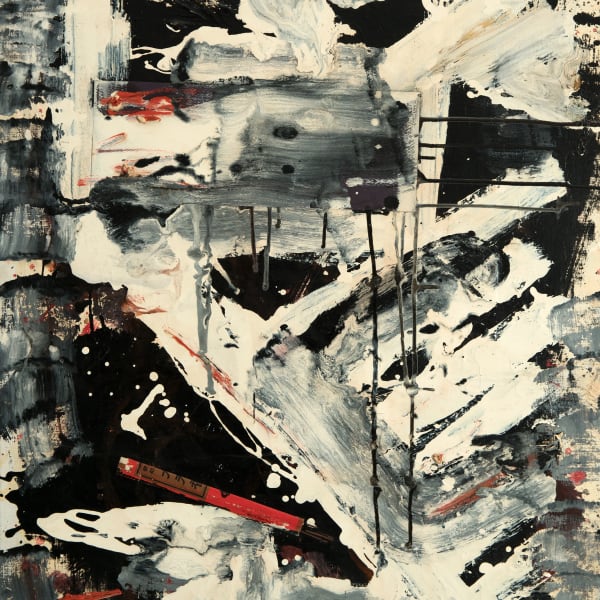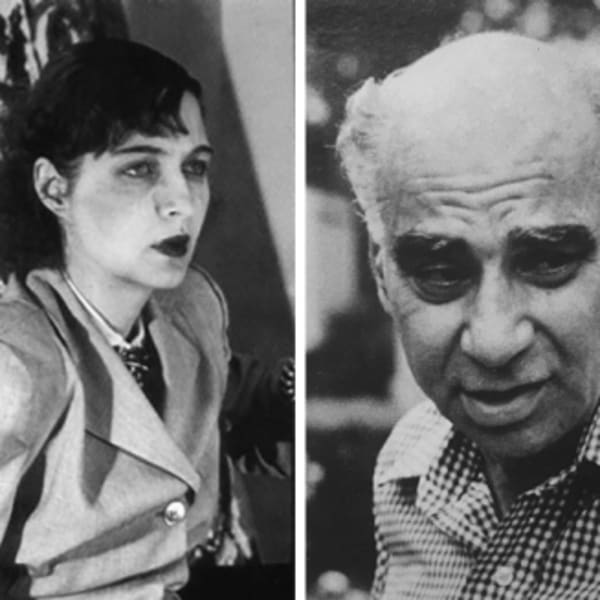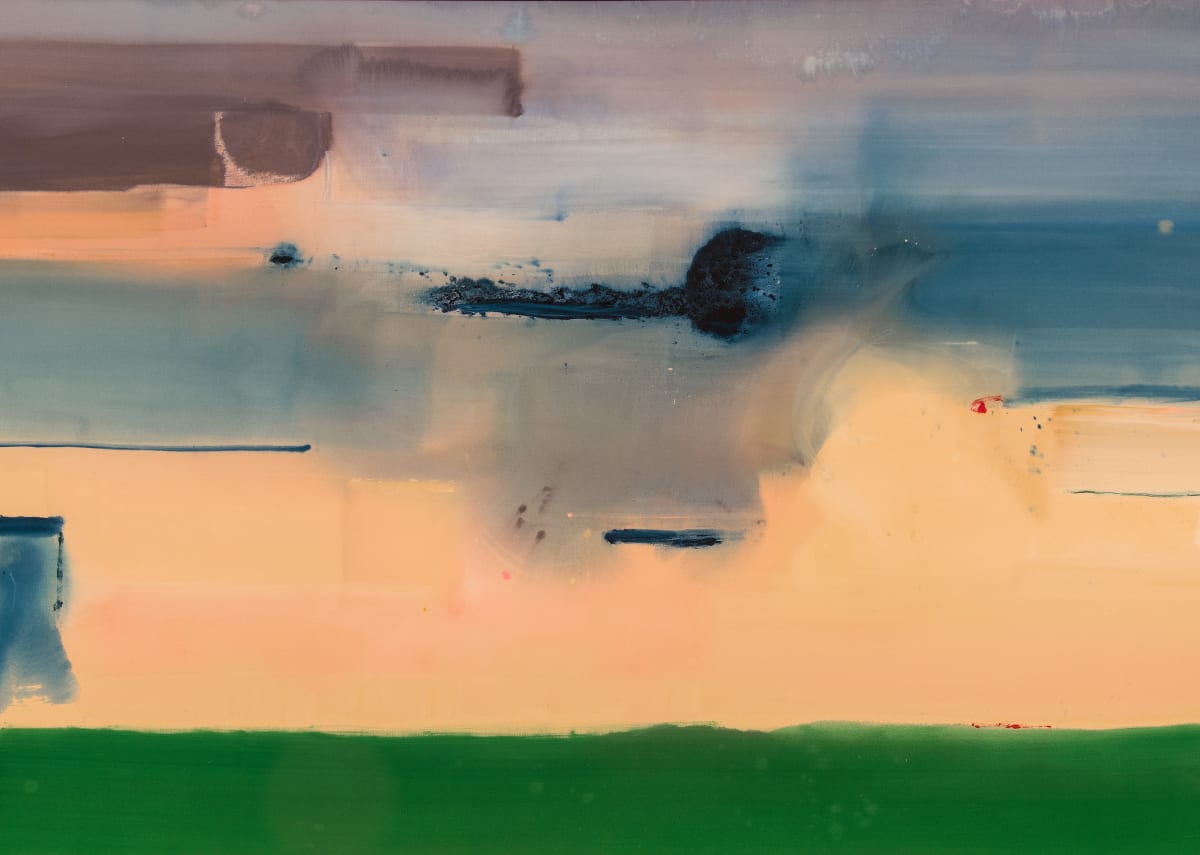
“I am endeavoring to find that blush of light over light and the color within the light; the depths through which we see when we look into and not at color.”
Although Leon Berkowitz is most frequently associated with Washington D.C., where he spent a large period of his life, he received his education across a wide range of institutions, including the University of Pennsylvania in Philadelphia, the Art Students League in New York, and academies across Paris, Florence, and Mexico City. In 1945, Berkowitz established the Washington Workshop Center for the Arts, which became an important platform for creative production and dialogue across the visual and performing arts, bringing together acclaimed and emerging artists from across Washington and New York, among other locales. Through its participants the Center would become closely associated with the development of the Washington Color School, as an extension of Color Field Painting. Although he played a pivotal role in the founding of the group, Berkowitz would, throughout his career, eschew the positioning of his work within that movement, noting his commitment to capturing the poetics of color over the formal inquiries of the group.
Although Leon Berkowitz is most frequently associated with Washington D.C., where he spent a large period of his life, he received his education across a wide range of institutions, including the University of Pennsylvania in Philadelphia, the Art Students League in New York, and academies across Paris, Florence, and Mexico City. In 1945, Berkowitz established the Washington Workshop Center for the Arts, which became an important platform for creative production and dialogue across the visual and performing arts, bringing together acclaimed and emerging artists from across Washington and New York, among other locales. Through its participants the Center would become closely associated with the development of the Washington Color School, as an extension of Color Field Painting. Although he played a pivotal role in the founding of the group, Berkowitz would, throughout his career, eschew the positioning of his work within that movement, noting his commitment to capturing the poetics of color over the formal inquiries of the group.
Berkowitz’s early works combined loose figurative elements with inspirations from some of the most important artists of the time, including Morris Louis, Willem de Kooning, Barnett Newman, and Mark Rothko, as he experimented and honed his own approach and style. Following the closing of the Center in 1956, Berkowitz moved abroad, where he would spend the next decade living and traveling. It was during this time that Berkowitz cemented his commitment to evoking the emotional resonance of color and light within the surface plane. By the 1970s, his works had become entirely abstract, characterized by both vibrant bursts of color and subtle gradations of light and hue. Berkowitz’s fascination with perceptions of light connected him to the artists of California’s Light and Space Movement, and indeed, his canvases exude a captivating luminescence that seems to emanate from deep within. When a selection of his paintings was displayed at the Phillips Collection in 1976, he said of his work, “I am endeavoring to find that blush of light over light and the color within the light; the depths through which we see when we look into and not at color.” (1)
Throughout his career, Berkowitz participated in a wide range of solo and group exhibitions, including those at the Baltimore Museum of Art, Chicago Arts Club, Corcoran Gallery of Art, Hirshhorn Museum and Sculpture Garden, Phillips Collection, and Ringling Museum in Sarasota, Florida, among others. His work is held in the collections of the Museum of Modern Art in New York, High Museum of Art in Atlanta, and the Wadsworth Atheneum in Hartford, Connecticut, among numerous others. In addition to his own practice, Berkowitz was a well-recognized teacher. He served as the chairman of the painting department at The Corcoran Gallery’s School of Art, where he taught for nearly twenty years until his death in 1987.
1. Quote drawn from: American Art at The Phillips Collection, “Biography: Leon Berkowitz (1919-1987)”. phillipscollection.org
